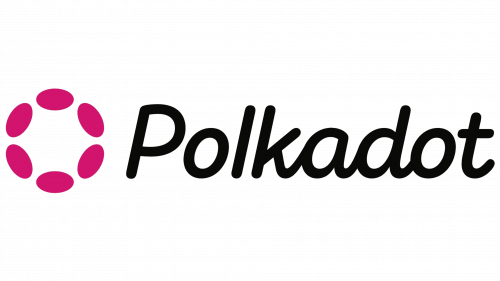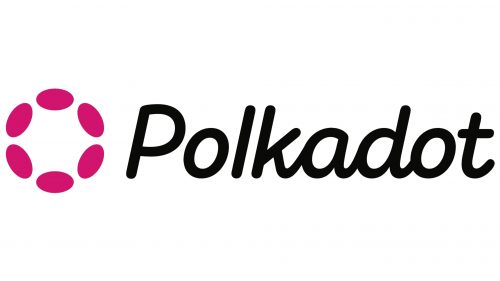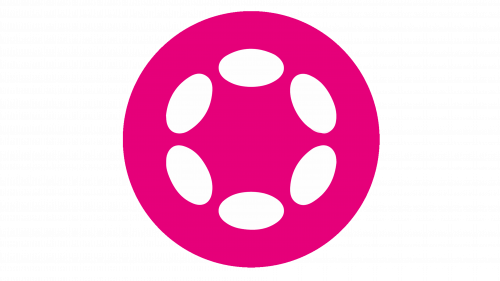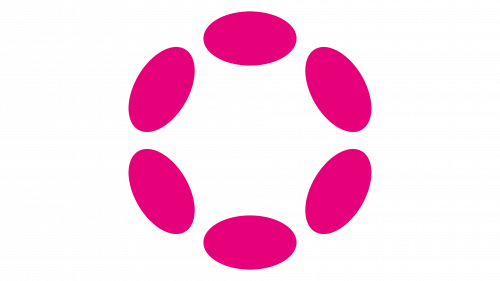Polkadot is a cryptocurrency and blockchain platform, developed by Gavin Wood in 2020. It is an open source technology, which allows any given information to be exchanged between both the private blockchains, and public ones. The network is structured of Relay chains, responsible for security, Parachains, which are user-created chains that can manage specific operations and Parathreds, which connect Parachains. The chains can join other networks, such as Bitcoin or Ethereum, via Bridges.
Meaning and history
In 2017, the Ethereum co-founder, Gavin Wood, wrote the first version of the Polkadot protocol using Rust programming language. He earned $144+ million from the initial coin offering – a type of crowdfunding using cryptocoins. The release of the network took place in 2020. This name probably derives from the concept of the whole platform – each block is separate, like a dot, but they’re all connected to each other by the chains and form a single conception, like it is a polkadot pattern.
What is Polkadot?
Polkadot is a blockchain network, as well as a cryptocurrency, designed by Gavin Wood on Rust programming language. It is an open source platform, able to transfer data and do the computing. It has the structure consisting of four participants: Relay Chain, the core of Polkadot, capable of security, the Parachains, which are people-made chains that can have their own tokens and maintain their operations for specific situations, and Parathreds that are similar to Parachains, but having a pay-as-you-go model. The chains can join other networks, such as Bitcoin, via special Bridges.
2020 – today
The Polkadot logotype features the nameplate, written to the right from a token – a circular signature, drafted of 6 ovals.
Color
The brand designers used white, black, and pink as the brand’s colors. Pink is the token’s color. It’s distinctive and attractive. White is used in the cases if there is a background. It can occupy the background itself or the logo elements if they’re put over black. Finally, the name is black.
Font
The font of the nameplate depicts semibold sans-serif characters with a cartoon style. The letters are handwritten, and most of them are connected to one another.










